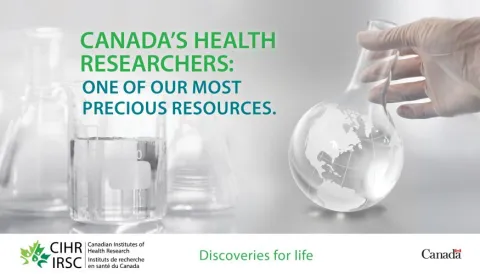UBC Applied Science researchers awarded over $1.3M in CIHR Project Grants

Researchers in UBC’s faculties of nursing and mechanical engineering have been awarded more than $1.3 million from the Canadian Institutes of Health Research (CIHR) through the agency’s Project Grant Program’s 2019 fall competition.
The Project Grant competition, CIHR’s largest funding program, is “designed to capture ideas with the greatest potential to advance health-related fundamental or applied knowledge, health research, health care, health systems, and/or health outcomes.”
The APSC-affiliated projects are:
Unplanned Hospital Readmission Following Critical Illness Survival: An Investigation of the Survivor-Family Dyad ($348,076)
A. Fuchsia Howard, an assistant professor in the UBC School of Nursing, will identify drivers of hospital readmission and develop strategies for improving the health of survivors of intensive care units (ICUs) after their release from the hospital, when up to half of ICU survivors and their family caregivers experience serious health and other challenges.
Non-contact screening technology to expedite cell line development for antibody production ($524,026)
Hongshen Ma, an associate professor in UBC’s Department of Mechanical Engineering and School of Biomedical Engineering, will develop a technology to expedite the selection of antibody-producing cells, enabling the development of affordable antibody-based medicines for the treatment of cancer, multiple sclerosis and other diseases.
Strategies to Relieve Suffering at End-of-Life (STRS-EOL): A longitudinal qualitative study of healthcare policy and nursing practice ($439,875)
Sally Thorne, a professor in the UBC School of Nursing, in collaboration with Barbara Pesut of UBC-O, aims to reveal how policies and practices relating to the relief of end-of-life suffering are developing across Canadian health regions over time. The resulting knowledge will facilitate the development of best practices across palliative care, medical assistance in dying and other end-of-life care options, as well as support the emotional and moral wellbeing of health care practitioners providing such care.


